Justice is doing that which is right; that’s why in the Bible, the same Greek word for “justice” is also translated “righteousness.” The just are the righteous ones – those who have right hearts and do what is right.
But what determines what is just, what is right? In any given activity or society, it is the law of that organization.
In boxing, it is just to punch someone in the face; in baseball, it is unjust to do so.
On the autobahn in Germany, it is right and just to drive over 100 mph; in the USA, it is wrong or unjust to do so.
The Bible is replete with calls for justice – justice to the oppressed, the poor, the needy, the homeless, the foreigner.
But to understand Bible justice, one needs to understand God’s law. God is Creator; He builds reality – space, time, energy, matter, life. His laws are the laws upon which life and health are built to operate. Deviate from them and injury, pain, suffering, and eventual death ensues.
Thus, God justly intervenes to save and heal. But how does He do what is right – which is to save and heal? By writing His law in our hearts and minds (Hebrews 8:10), meaning restoring the heart and mind of the sinner back to harmony with how life is built to operate. Another way to say this is: turning an enemy into a friend, taking out a heart of stone and putting in a tender heart, taking sinners and turning them into saints, taking exploiters and turning them into protectors, taking the selfish and turning them into the selfless. God’s justice is healing, fixing, and restoring.
Human beings cannot create reality, so we make up rules that we call “laws” and then we use power to enforce those rules by threats of punishment. When we hear calls for justice, it is never to turn an enemy into a friend, but to punish the perceived wrongdoer. It is to use the power of might to inflict punishment upon the transgressor. This is how all human governments work – if you speed, the state inflicts a fine; if you commit grand larceny, the state will imprison you; if you commit murder, the state may execute you. Human justice is not about turning enemies into friends, but about killing our enemies – or at least making them suffer the agreed upon punishment.
God’s government is not like human governments. Jesus said His kingdom is not of this world (John 18:36). God said His ways are not like ours; they are as high above ours as heaven is above earth (Isaiah 55:9). Biblical justice is never about punishing the oppressor, but delivering the oppressed and turning enemies to friends.
- Defend the poor and fatherless; do justice to the afflicted and needy (Psalm 82:3).
- Wash yourselves clean. Stop all this evil that I see you doing. Yes, stop doing evil and learn to do right. See that justice is done – help those who are oppressed, give orphans their rights, and defend widows (Isaiah 1:16, 17 GNT).
- This is what the Lord says to the dynasty of David: “Give justice each morning to the people you judge! Help those who have been robbed; rescue them from their oppressors” (Jeremiah 21:12 NLT).
The Bible is filled with calls to do justice, to do what is right to those who are disadvantaged. But what method would God have us utilize to do justice to those treated unjustly? It is always by the application of truth, love, and freedom in interpersonal relationships; people helping people, one person connecting to and assisting another. We are to love our neighbors as ourselves (Matthew 19:19).
God has a bigger goal for us than merely the immediate relief of suffering (though He doesn’t want us to suffer) – rather, God has an eternal goal. He wants to heal and save all His human children from sin so they can live forever with Him. In order to do this, they must come back to a knowledge of Him.
And how do people come to a knowledge of God? From people who know God sharing Him with others. When we love in action – feed, clothe, shelter, adopt, visit, heal – we connect with people and share the love of God! The individual being helped experiences, from another human being, that they are valued, loved, and have worth. Putting love into action reaches the heart; overcomes shame, guilt, fear, insecurity; and opens the heart of those to whom you minister to hear about our God of love.
Further, when we meet people and care enough about them to invest in their lives, we are changed by the process. Our prejudices are erased, our biases expunged, our bigotry eliminated, our fear replaced with love, we grow to become more like Jesus. This is also part of God’s plan to heal His human children.
The Social Justice Trap
But what happens when we remove the loving Christian, the ministering person, the compassionate church community, and instead insert a bureaucracy, a faceless agency, a nameless automated answering system? Does God’s plan – His system of justice in which hearts are set right, in which fear, selfishness, and hate are replaced with love and trust – get derailed?
God never instructed for human agencies to take from people with unwilling hearts and give to those in need. Why? Because such methods are the methods of coercion – the methods of the world, the beastly method. And what does coercion do? It destroys trust, incites rebellion, causes division, and obstructs healing love.
Regarding state taxes, Jesus said, “Give to Caesar what is Caesar’s, and to God what is God’s” (Matthew 22:21 NIV84). Jesus did not argue against paying taxes, and neither am I. What Jesus did is make a clear distinction between God and the state, and so am I. Our Christian duty and our civic duty are not the same. We cannot fulfill our duty to God by inserting the state into the process. Any time we replace the loving Christian, the compassionate church, with state agencies, we corrupt God’s healing plan. Why? Because human governments always work on imposed laws; they ultimately always coerce, and such methods are a violation of God’s design for life. It would be like trying to heal a wound by using poison – it only gets worse.
Consider these scenarios:
- What happens when a person receives food, clothing, shelter, or medical attention from people who care about them, who get to know them, and who are interested in their wellbeing as a human – people who want to see them grow and develop and return to independence and autonomy?
- What happens when we remove the caring person and substitute a state agency that sends a monthly check to the bank account of the one in need; the money, not obtained from donations of the loving, but from taking from those who are not interested in helping?
Which system is most likely to increase brotherly love? Which system is most likely to reduce conflict? Which system is most likely to heal societal wounds? Which system is most likely to help the individual come to know God and experience eternal life?
- What happens when an orphan is put in a state-run institution, or in foster care in which the foster-parents are given money from the state?
- What happens when an orphan is adopted and becomes part of a family who loves them and who sacrifices their own resources to provide for them?
Which system is most likely to increase brotherly love? Which system is most likely to reduce conflict? Which system is most likely to heal societal wounds? Which system is most likely to help the individual come to know God and experience eternal life?
When Ruth and Naomi were without food, how did God’s system provide for their food? They could get free food, but how? They had to glean for it. Is there a difference between gleaning, working in the field to gather your own food, and having it given to you with no effort? In Ruth’s case, she met the landowner, who got to know her and married her – and she became a mother and ancestor of Christ. What difference does it make on the heart, mind, and character of the person in need when they participate in their own recovery?
God’s system connects people with people, administering social justice through individuals who have it in their hearts to love their neighbors, to show hospitality, to give opportunity, to rescue, to feed, to clothe. Such a system, built on love for each other, not only ministers to the immediate needs of the oppressed, but it also uplifts all parties and builds bonds of love, affection, and brotherhood. Satan’s motives of fear, hate, and distrust are eliminated from hearts and minds as God’s methods are put into practice.
But when we remove the loving individual, the kind Christian, the compassionate church, and instead insert the faceless, heartless state, we replace the methods of God with the methods of the state, and rather than bringing unity, love, and healing, we incite social divisions, increase class warfare, and fracture society.
Finally, and most important, God’s end goal is not for us to merely live better in this world of sin: “What good will it be for a man if he gains the whole world, yet forfeits his soul?” (Matthew 16:26 NIV84). No – loving our neighbors, doing person-to-person social justice, is the means through which God combats sin and spreads His remedy that heals hearts and minds and brings people to eternal salvation. That is why the Christian must not surrender social justice to the state.
One of the founders of the Adventist church understood clearly that we cannot win others to God’s cause by using the methods of this world. She wrote the following in the book The Desire of Ages, and it would be well for us all to remember:
The government under which Jesus lived was corrupt and oppressive; on every hand were crying abuses – extortion, intolerance, and grinding cruelty. Yet the Savior attempted no civil reforms. He attacked no national abuses, nor condemned the national enemies. He did not interfere with the authority or administration of those in power. He who was our example kept aloof from earthly governments. Not because He was indifferent to the woes of men, but because the remedy did not lie in merely human and external measures. To be efficient, the cure must reach men individually, and must regenerate the heart (p. 509).
Satan’s goal is to obstruct God’s healing plan – to incite fear, selfishness, hate – to get people to fight each other, to divide and conquer us. One of the devil’s most sinister strategies is to advance his evil cause under the guise of righteousness. Nothing is more tailored to achieve further division in society and the advancement of hate, bitterness, resentment, hostility, and obstruct God’s love than the current social justice movement, which seeks to take hold of the reigns of government in order to force its practices upon society.
The church must rise to a higher standard than the state; the Christian must adhere to a nobler method than governments; the lover of Christ must practice a purer justice than the political social justice warrior. We must practice the justice of God’s kingdom of love, in which we as individuals love every human being as our very selves – seeking to uplift them to the highest levels of Godlike development possible. Only when we love others with Godlike love will healing take place.
So let the Christian beware: The current social justice movement in America is a trap that attempts to supplant the mission of the church with the coercion of the state. But if the church succumbs to the deception and seeks to advance social justice through the power of the state, neither the church nor the state will be benefited. We will only devolve into more conflict.
So do justice – but do it God’s way!

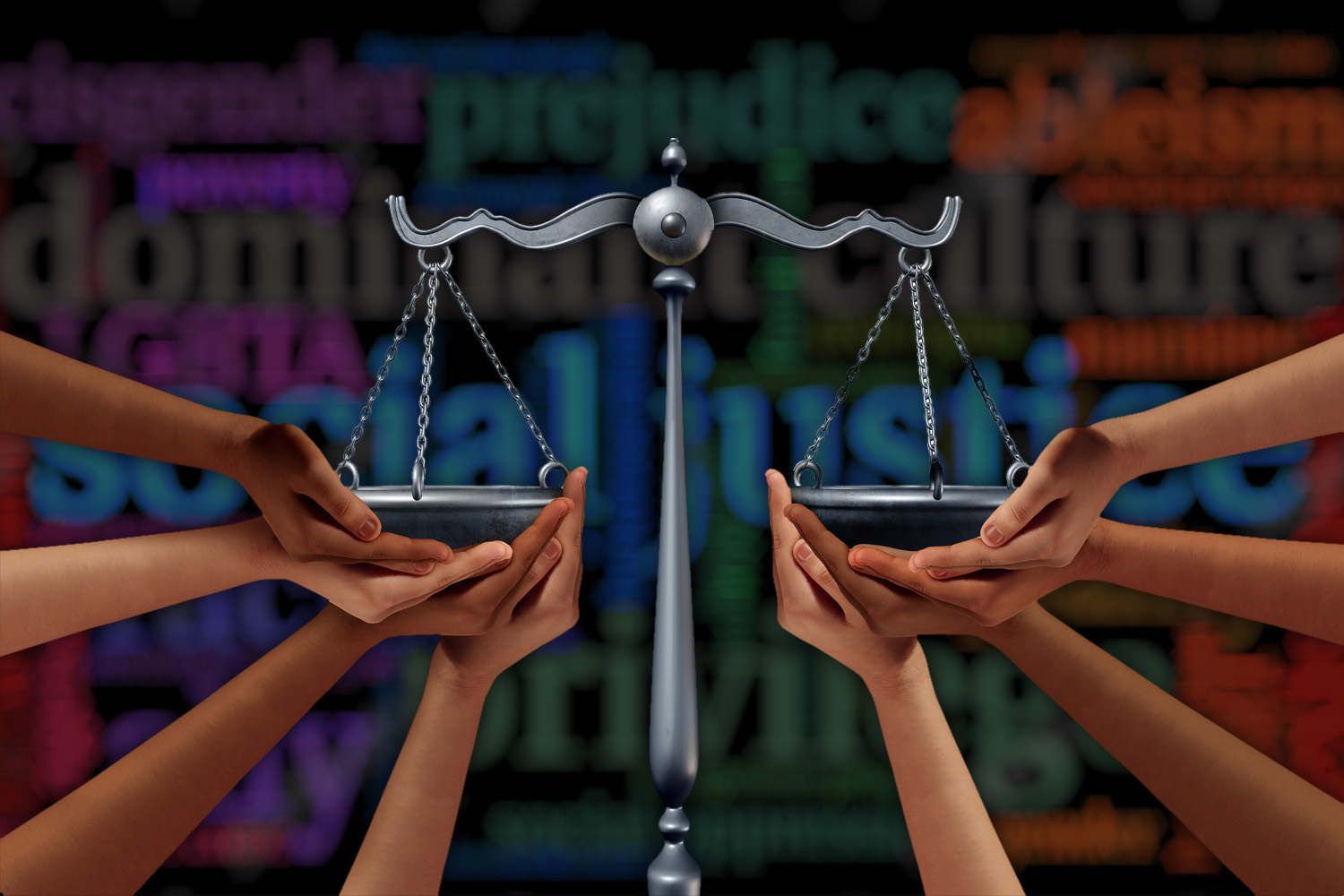
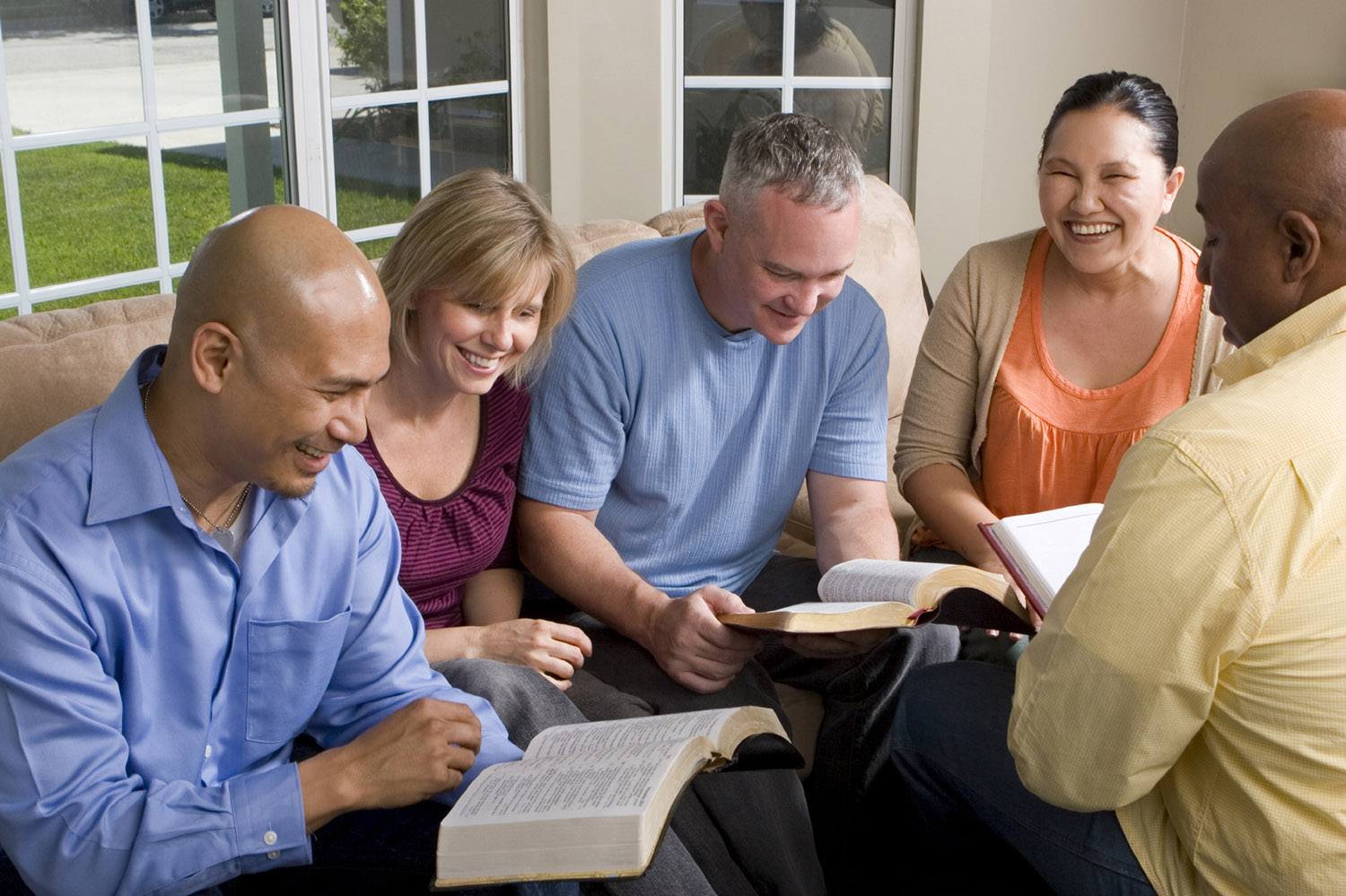
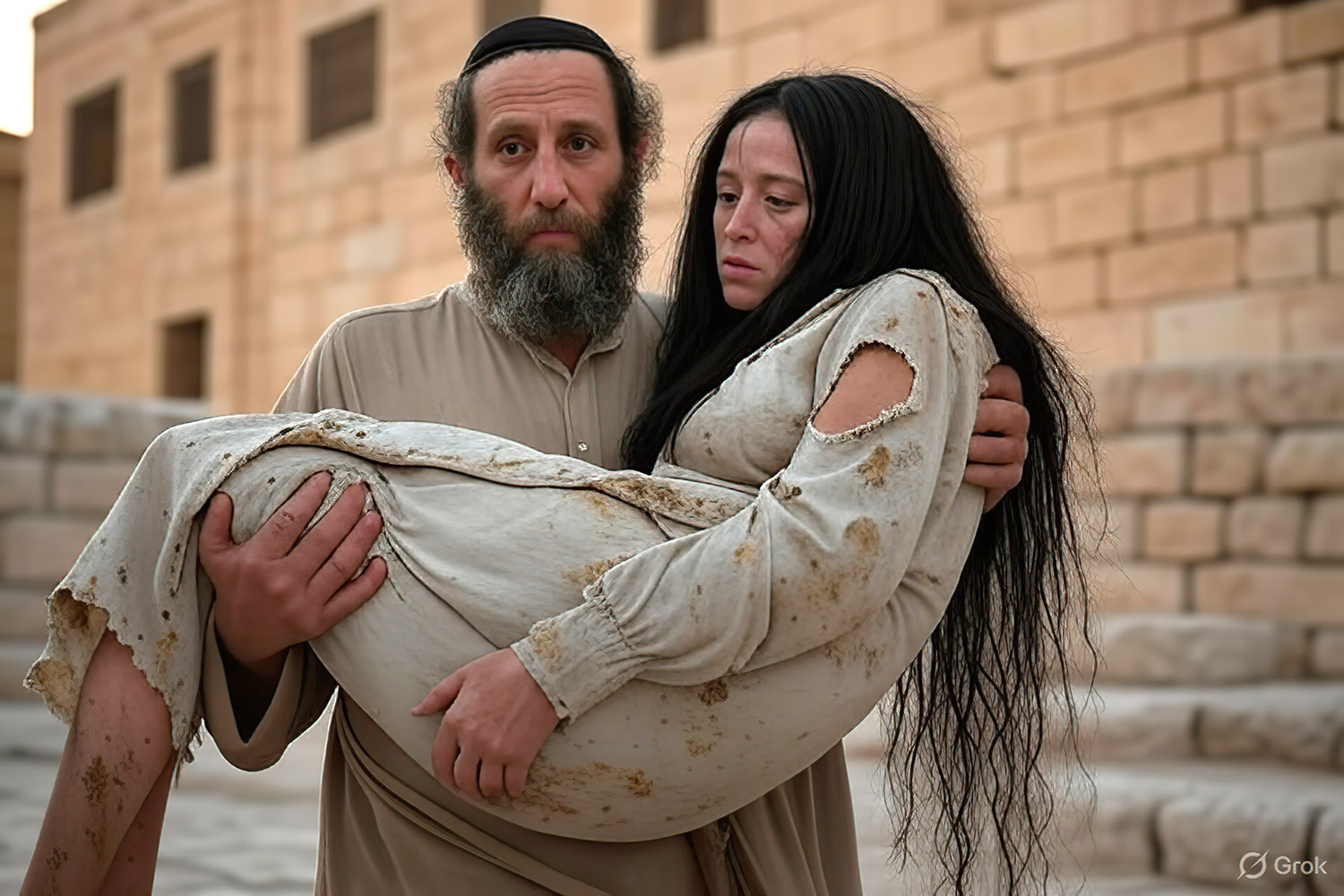



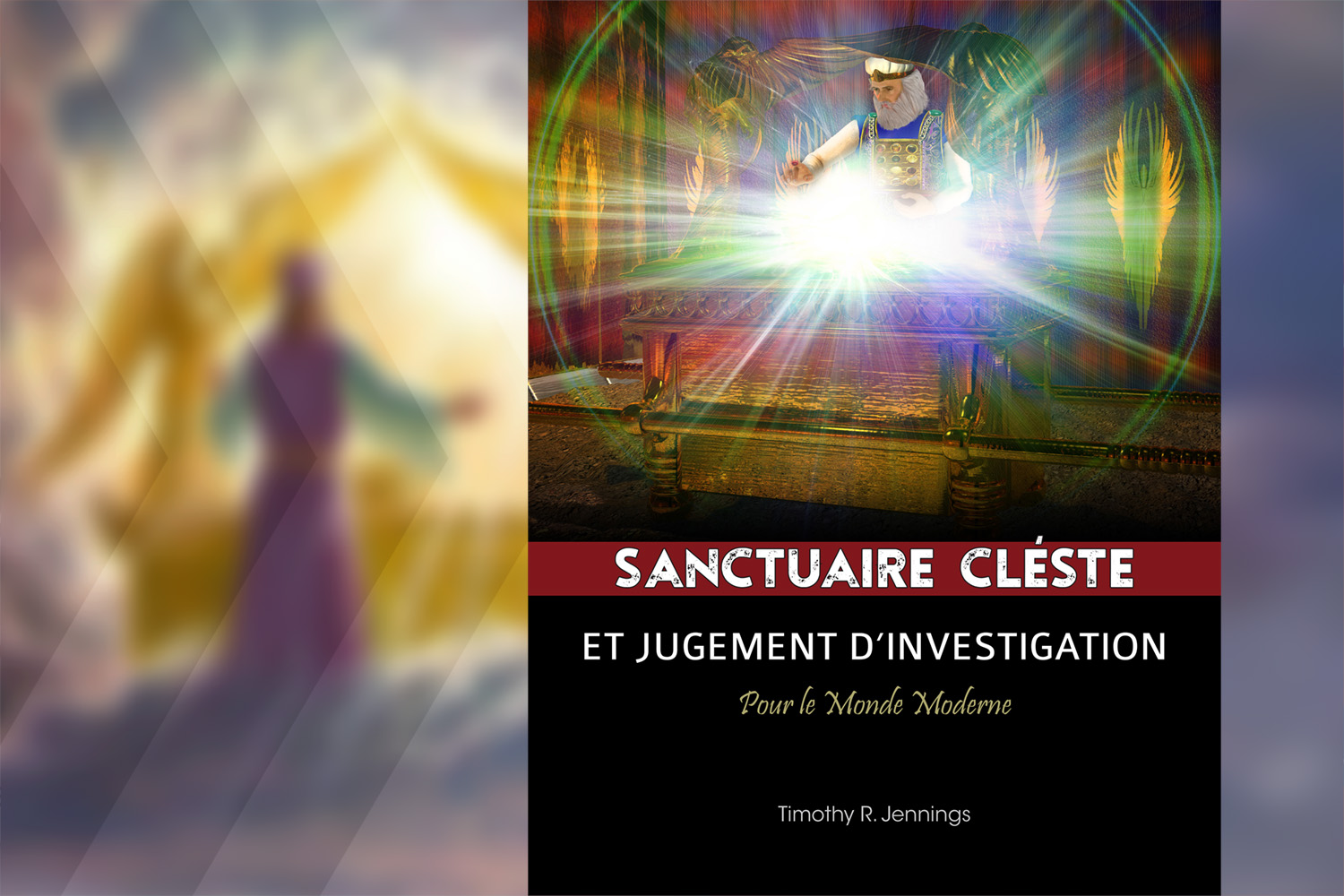
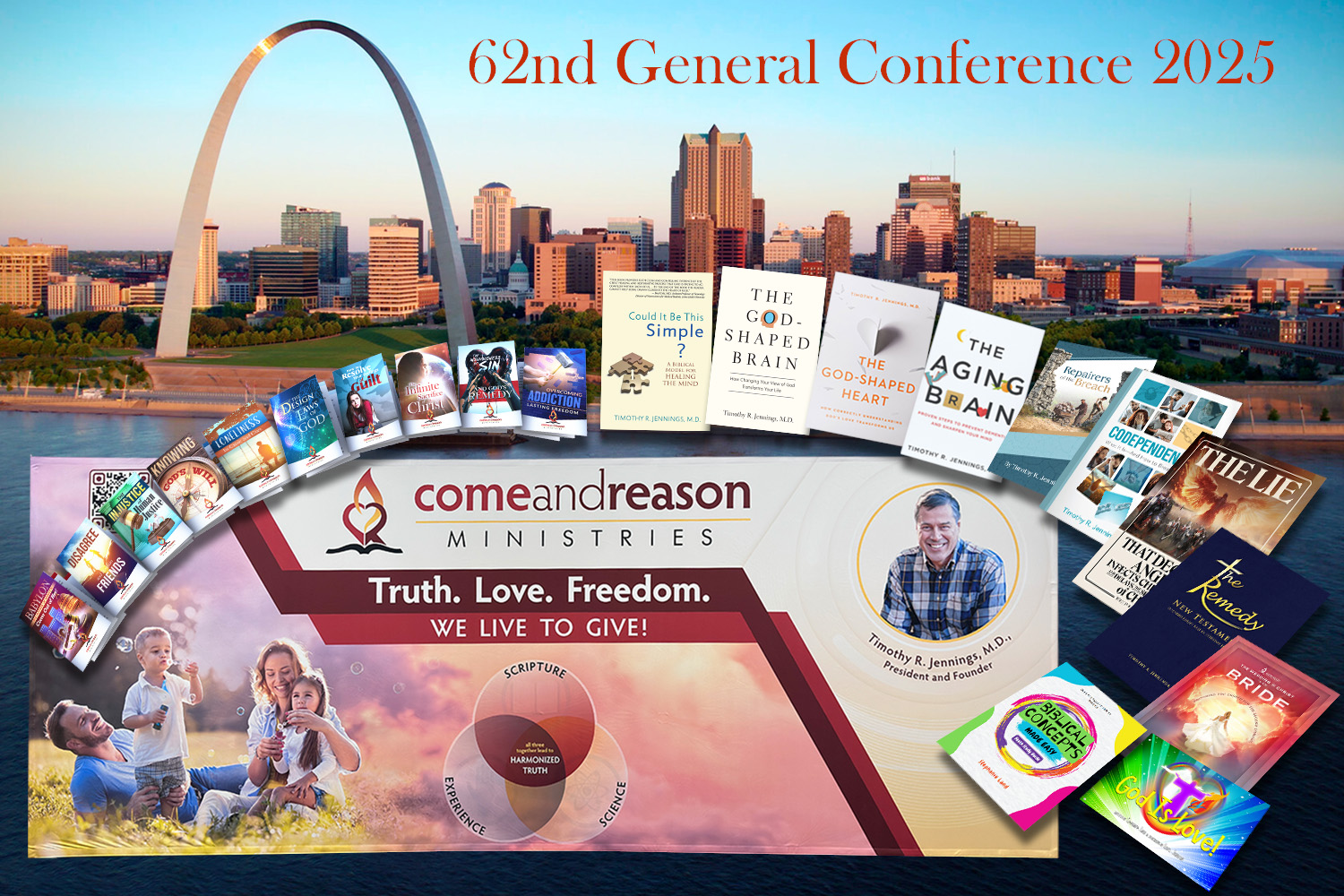

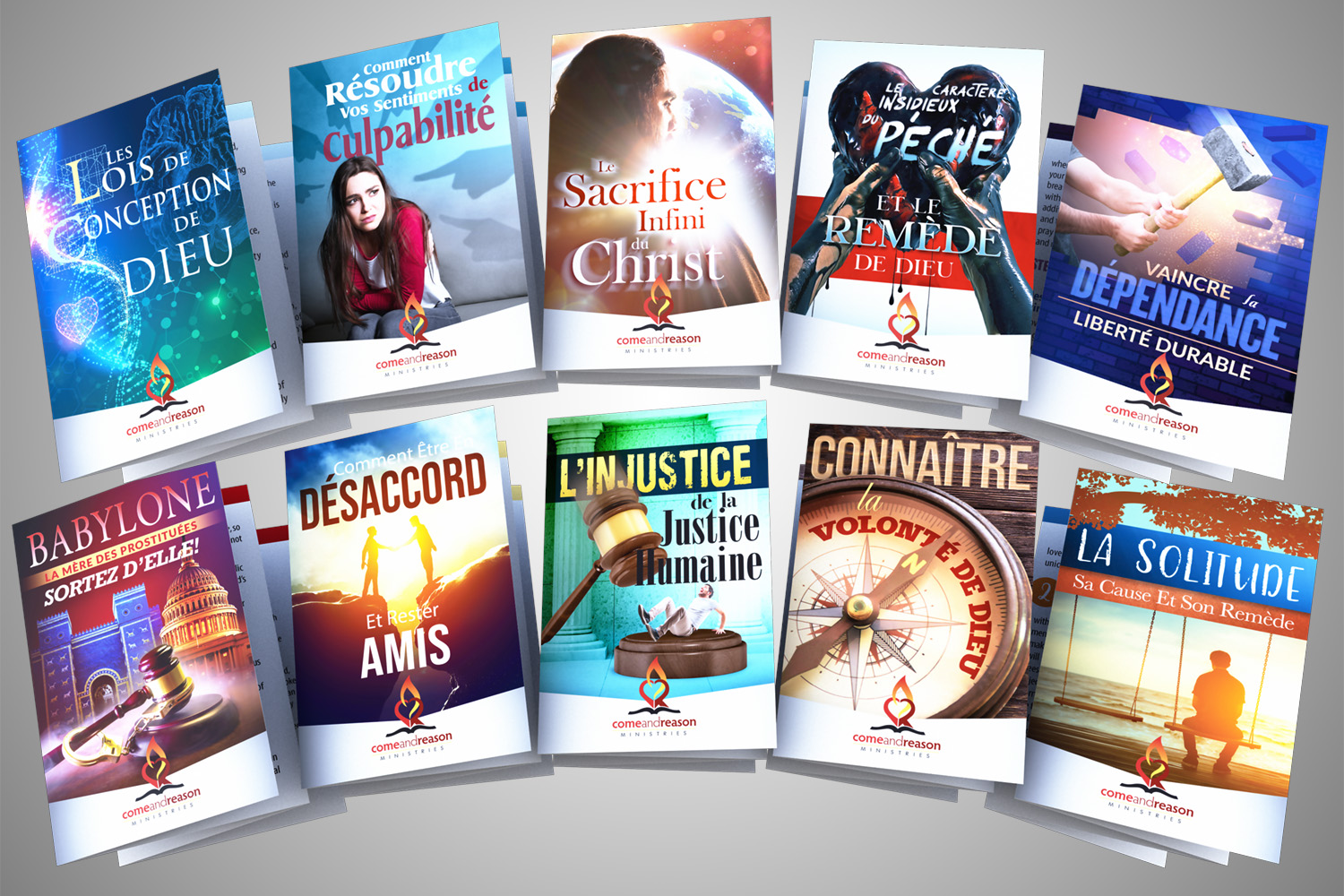
 using your credit or debit card (no PayPal account needed, unless you want to set up a monthly, recurring payment).
using your credit or debit card (no PayPal account needed, unless you want to set up a monthly, recurring payment). instead?
instead?